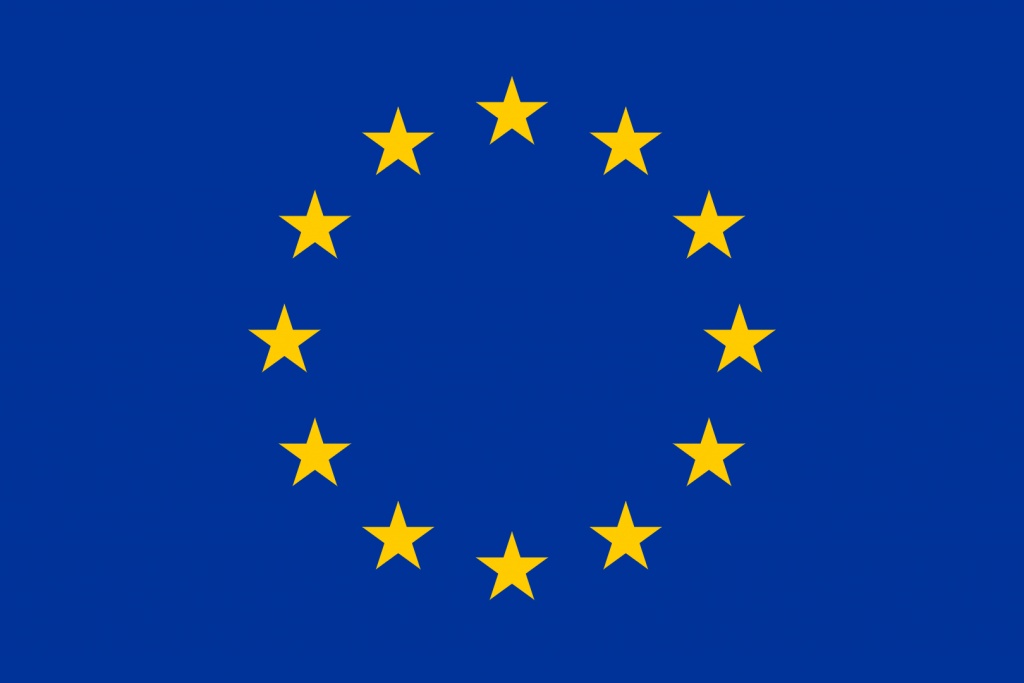The EU Whistleblower Directive is a set of new rules designed to provide better safeguards for individuals who expose wrongdoing related to EU laws. It applies to companies in all 27 EU Member States and has implications for businesses.
In this article, we will give you an overview of the EU Whistleblower Directive, and discuss the steps companies need to take to ensure compliance.

What is the EU Whistleblower Directive?
The EU Whistleblower Directive, introduced in September 2019, aims to enhance whistleblower protection across the EU. It expands the scope of whistleblowing by defining who can report, what can be reported, where to report, and why. This directive holds companies accountable for any retaliatory actions against whistleblowers, posing new challenges for businesses operating in the EU.
Who Does It Apply To?
The directive applies to private companies with 50 or more employees.
It also covers local authorities serving over 10,000 people. Even companies based outside the EU but employing over 50 workers within the EU need to comply.
Complying with the Directive
To comply with the EU Whistleblower Directive, companies must meet certain obligations:
- Establish Internal Reporting Mechanisms: Companies should set up channels, for employees to report wrongdoing internally. These mechanisms must ensure confidentiality, secure data handling, and proper case management.
- Training and Awareness: Educating employees and stakeholders about the directive is vital. Companies should provide training programs to raise awareness about whistleblower rights, reporting procedures, and the company’s commitment to non-retaliation.
- Protecting Whistleblowers: It is crucial to protect whistleblowers’ personal data and ensure their anonymity if desired. Compliance with data protection regulations, such as the GDPR, is essential.
- Preventing Retaliation: Companies must take proactive measures to prevent retaliation against whistleblowers. This includes implementing anti-retaliation policies, conducting fair internal investigations, and supporting whistleblowers who face retaliation.
Penalties for Non-Compliance
Each member state determines the penalties for non-compliance with the directive. Companies that fail to comply may face financial penalties, damage to their reputation, and legal consequences.
It is important for organizations to review their existing policies and practices to align with the directive and mitigate potential risks.
What do I need to do?
To ensure your company is fully prepared and aligned with the requirements of the EU Whistleblower Directive, take proactive steps today. Review your existing policies, implement robust internal mechanisms for reporting, educate your employees about their rights and options, and establish effective anti-retaliation measures.
Did you know iubenda has a tailored made tool for the EU Whistleblower Directive?
This tool helps keep you compliant with a secure channel for submitting and managing whistleblower reports. Maintain an easy-to-use reporting form for employees and other stakeholders, and manage the whole process from an all-in-one dashboard.
Click here to learn more!